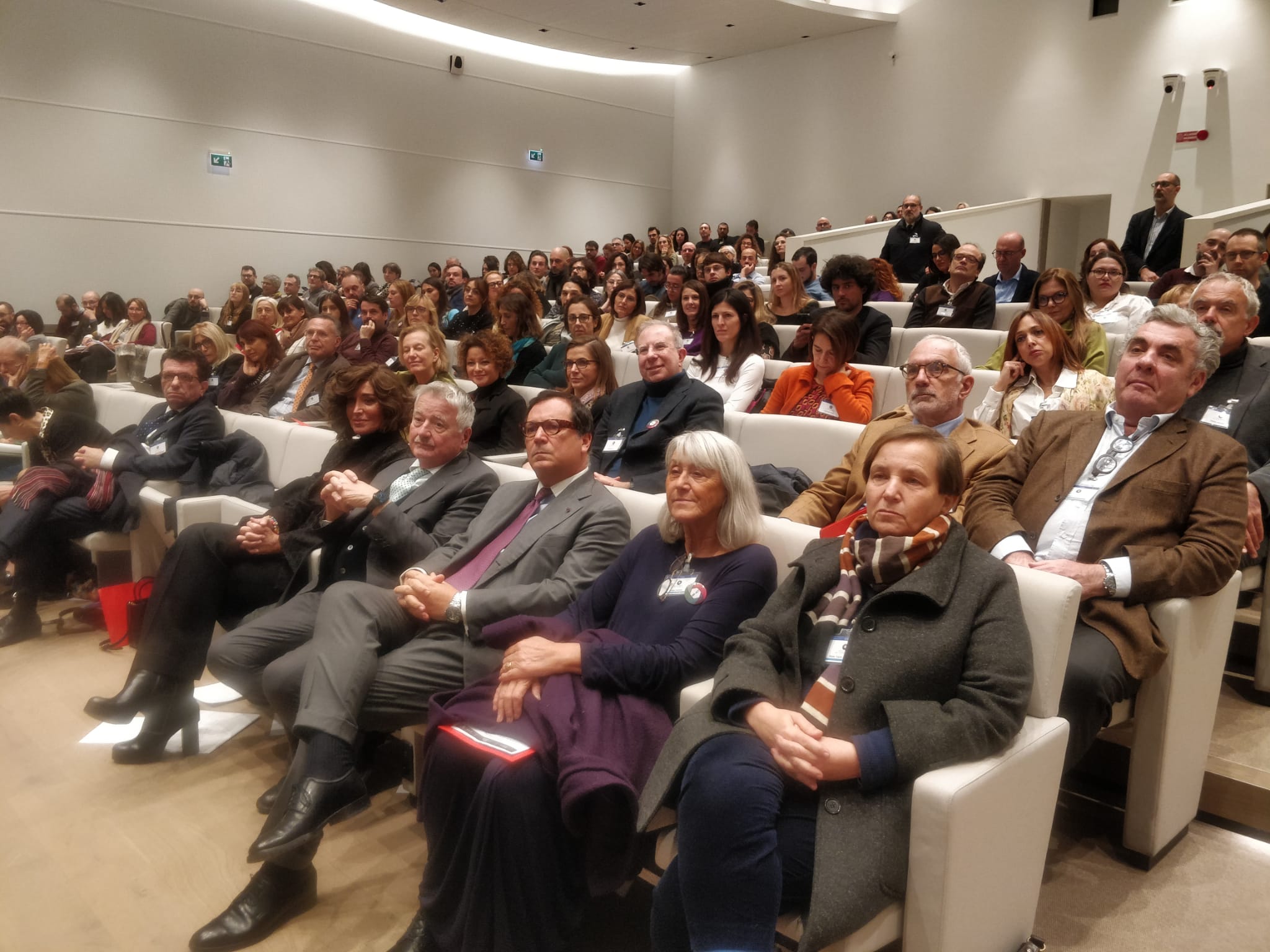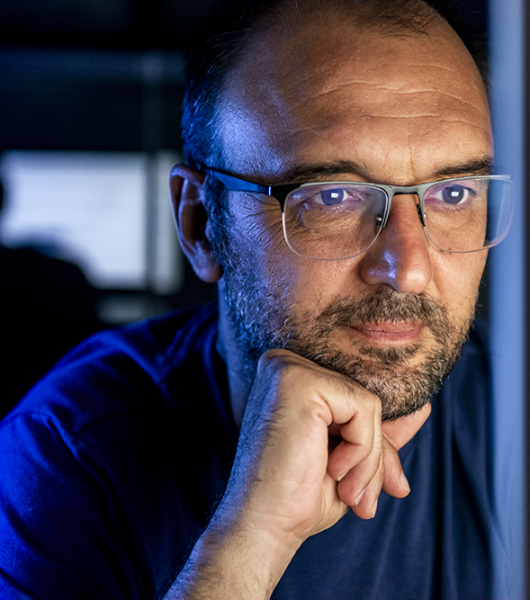
First-year goals met. The challenge of new emerging infectious diseases.
3 days to discuss the achievements of the PNRR INF-ACT Extended Partnership 5 research nodes to study current and future health emergencies with a One Health approach
The development of new materials with antimicrobial properties, the discovery of the effects of hitherto neglected viral families, the making of biosensors for immediate and distributed diagnostics, the sharing of research databases.
It is difficult to summarize the results of one year’s work of the INF-ACT consortium, which involved about 500 researchers working on 5 general topics of research and distributed in 15 universities and 9 public and private research institutions and one company throughout the country. A huge composite working group designed to make Italy a country capable of effectively addressing the challenge created by potential emerging infectious diseases.
The study meeting also had an institutional event in which the foundation chairs, Fausto Baldanti, Federico Forneris, Anna Teresa Palamara presented the results of the first year of work to ISS Extraordinary Commissioner Prof. Rocco Bellantone, UNIPV President Prof. Francesco Svelto and CNR President Prof. Maria Chiara Carrozza.
Minister of University and Research Anna Maria Bernini brought greetings from the government.
“It is research that provides the answers. And it can do so if it shares ideas and results, exactly what we aim to do with research infrastructures and partnerships. Free research that belongs to everyone. Because research is not an island, but an archipelago of women and men, of ideas and solutions.
For research to provide the right answers, it needs to network. Networking is the key word that we have put at the center of all Pnrr projects, including this Partnership, which was created precisely with the aim of bringing together a multidisciplinary community of researchers.”
A very real possibility
In 2023, according to ISS [the Italian National Insitute of Health, ed.] data, the national surveillance system has hundreds of cases of arthropod-borne viral infections. Some of these are due to endemic viruses, such as the more than 320 cases of West Nile (and 21 deaths) and Usutu viruses transmitted by the common mosquito, Culex pipiens, the 127 cases of Toscana Virus transmitted by phlebotomuses (or parasites), and the 48 cases of neuro-invasive infection transmitted by ticks. Others are due to tropical viruses, such as the 347 cases of Dengue, the 8 cases of Zika Virus, and the 7 Chikungunya cases.
Most of these were contracted by travelers from endemic tropical areas, but in 2023, for the first time (with the exception of 11 cases in 2020) there were 3 outbreaks of autochthonous transmission of Dengue transmitted by Aedes albopictus (the tiger mosquito), an invasive species now entrenched in Italy for more than 30 years: three different ones in a single summer!
These data confirm that new travel habits and modern lifestyles, coupled with climate change, make the epidemic risk a more than real possibility.
Innovative approaches, multiple dimensions
So, the challenge to be met by the INF-ACT project is to provide the best tools to respond quickly to new threats to our health, and to be ready to better address potential new epidemics as well.
Hence the decision to create a project capable of doing research on the multiple dimensions that the prevention and control of epidemic phenomena require, suggesting innovative and multidisciplinary approaches that consider the interconnection of human health with animal health and environmental protection (One Health).
Thus, one year after the inauguration of the project coordinated by the INF-ACT Foundation, which includes 25 national universities, public and private entities, the approximately 500 researchers from all over Italy met at the ISS to share the results obtained in these 12 months and to plan activities for the next two years.
“The results achieved, which we presented today, confirm the importance of pooling the cross-cutting expertise present in Italy, which until now lacked coordination. Within our universities and research institutions there are many cases of excellence, but in order for research to make a qualitative leap forward, we need to make these organizations connect and work together. ” – Federico Forneris, president of INF-ACT Foundation said – “INF-ACT’s collaborative approach has allowed the specificities of each research area to become the basis for addressing the problem of possible epidemics according to a ‘One Health’ approach.”
Read about the success stories of the five thematic areas in the attached press release




